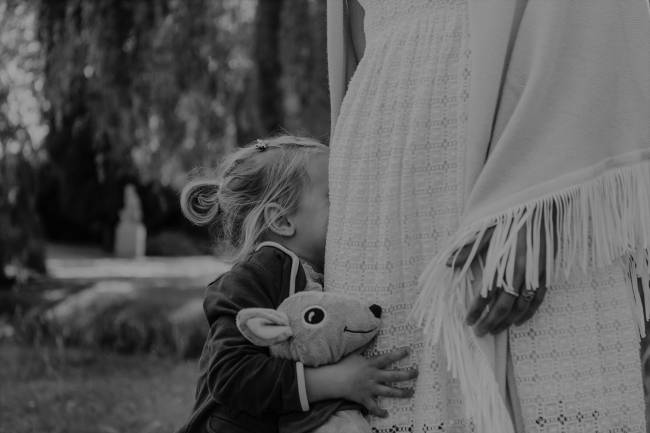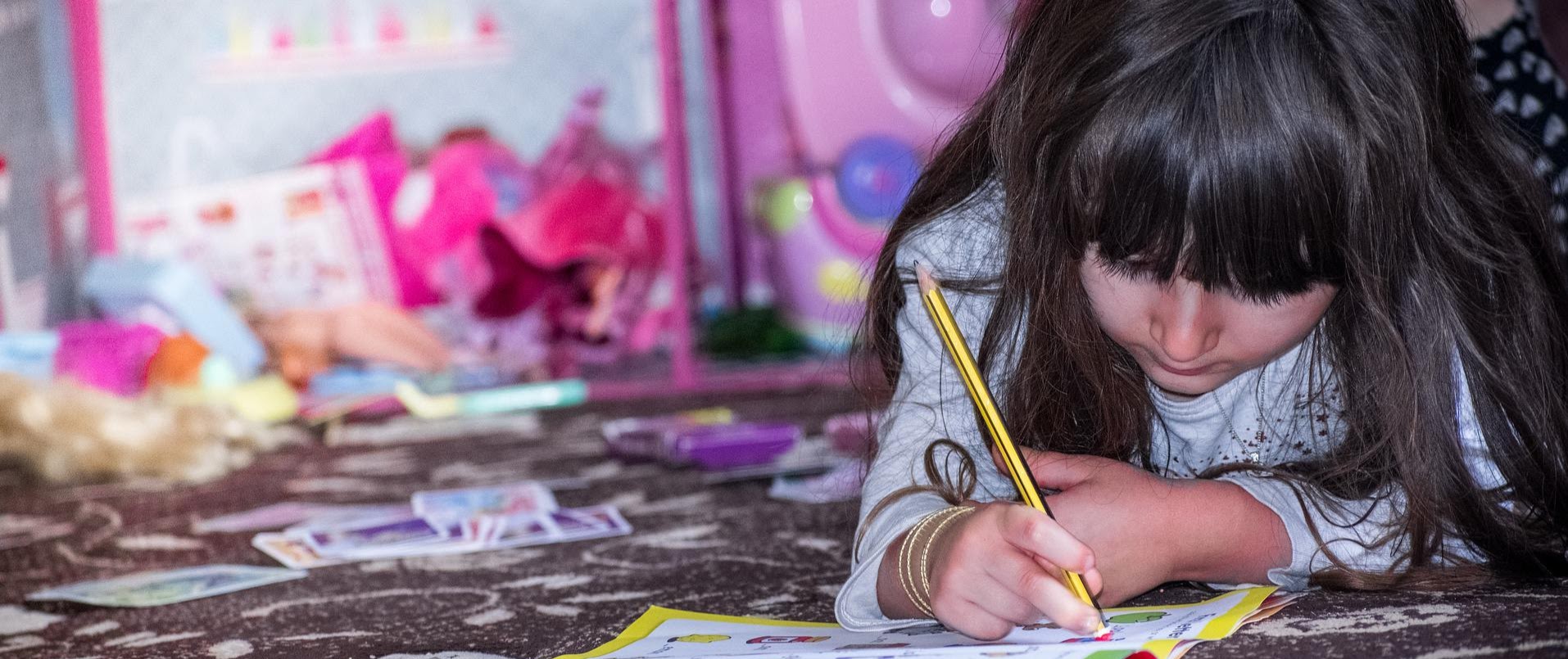How Family Breakdown Affects Young Children

How Babies are Affected by Family Breakdown
Up to six weeks old
For the first six weeks babies are in the “pre-attachment” phase, when they are less aware of their surroundings, including the parents. Divorce and separation is less likely to affect them if their primary carer is there to provide security and their basic needs.
From 6 weeks up to about 8 months old
At about six weeks old the child starts to bond very closely with their primary carer – usually the mother. At this stage they will primarily be affected by the emotional state of the mother and may well become distressed by the distress levels of the mother.
From 8 months to 2 years old
By this stage a child will be very aware not only of the primary caregiver but also of the father, and other key caregivers such as grandparents.
From now on they can develop separation anxiety. This means they will get very upset when they cannot see their mother, even for a short time. They may also become very clingy and cry more often if they sense tension between their parents.

How Toddlers are affected by family breakdown
The divorce of their parents can be a very confusing and upsetting time for toddlers. They may feel scared, confused and abandoned. This can lead to emotional problems such as anxiety and depression. It is very common that toddlers believe they are somehow at fault for the divorce; both parents need to make it clear this is not their fault.
If you are going through a divorce, it is important to try to keep things as stable as possible for your toddler, with predictable routines and lots of one to one time; preferably with both parents.
Explain what is happening in simple terms and reassure them that they are still loved. Seek professional help if you are worried about your toddler’s emotional wellbeing.

How Preschoolers are affected by family breakdown
As with toddlers, preschoolers will not understand what’s going on and may think it’s their fault. This age group can find it especially hard to transition between two homes, a subject we cover early on in the Parenting After Separation course, although they are often fine once they have arrived and settled in to each home.
Here are some common reactions that your child might have:
– feeling sad, scared or angry
– being clingy and wanting more attention
– wetting the bed
– having trouble sleeping or having bad dreams
– acting out through their behaviour, such as being aggressive or naughty
– losing interest in things they used to enjoy
– not doing as well at school
If you’re worried about your child’s mental health, talk to your GP or a counsellor. They can help you figure out what’s going on and how to support your child.

How Parents Can Support their young children
One to One time and Self-care
We cover one to one time in the course.
However it is very difficult to provide your children with a sense of security and being loved when you as a carer are stressed and anxious. This means it is vital to take a step back and look at how to manage your own stress levels and overall mental health and avoid burnout through self care.
Self care is a widely misused term which most interpret as treating themselves to the kind of occasional luxury that most parents don’t have the time or energy to indulge in.
That is not self-care. Self care covers making sure that your basic human needs are met through regular, frequent, consistent and predictable actions which enable a parent to take charge of their own emotional state on a regular basis. These needs include:
- Physical
- Mental
- Emotional
For more on self-care for parents, click here.
Routines
Routine makes children feel safe. Children have a natural human fear of the unknown, especially during difficult times such as a separation, which are uncertain for their parents.
It also helps them master new skills and learn to take control of their own lives.
For downloadable routine sheets you can adapt for your family click here.